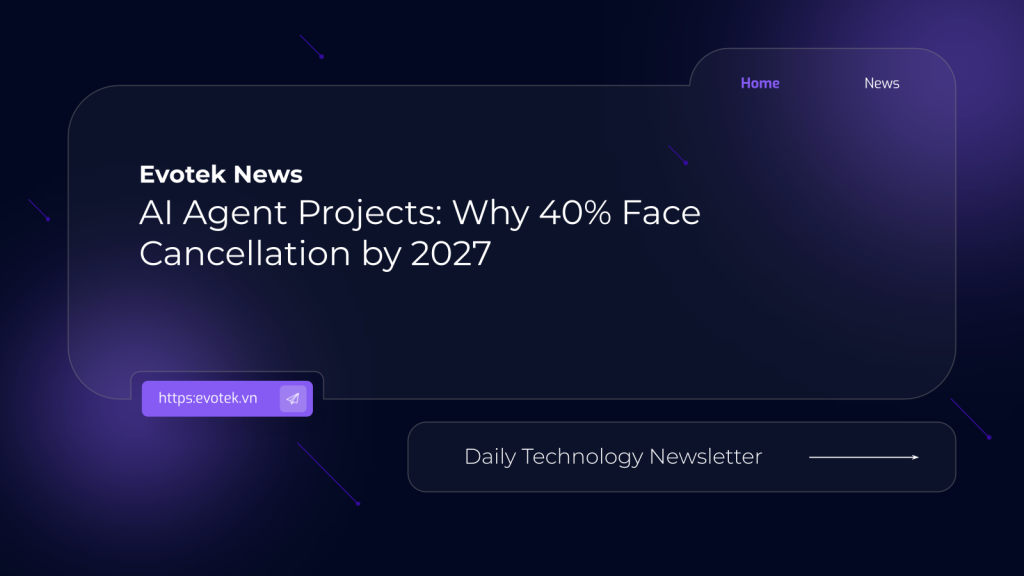The rise of AI agents, intelligent systems designed to operate autonomously, has sparked excitement across industries. However, a new report from Gartner suggests that over 40% of AI agent projects will be scrapped by the end of 2027. This isn’t due to the technology itself, but rather a combination of inflated expectations, soaring costs, and a lack of clear business objectives.
The Hype vs. Reality of AI Agents
Agentic AI promises a future where software systems can make decisions and take actions independently. But many companies are rushing into projects without fully understanding the complexities involved. Gartner’s Anushree Verma points out that many initiatives are “early-stage experiments driven by hype and often misapplied.”
While the potential is undeniable, a recent survey revealed that only 19% of organizations are making significant investments in agentic AI. A considerable 31% are hesitant, highlighting a cautious approach to this emerging technology.
Beyond the Buzz: Challenges and Costs
Many vendors are relabeling existing technologies like RPA and chatbots as “agentic AI” without adding genuine autonomous capabilities. This creates market confusion and unrealistic expectations. Furthermore, the financial burden of agentic AI projects is often underestimated. Costs associated with compliance, infrastructure upgrades, workforce training, and workflow redesign can quickly escalate, derailing projects without a clear return on investment (ROI).
Where AI Agents Can Truly Shine
Despite the projected cancellation rate, Gartner remains optimistic about the long-term potential of AI agents. By 2028, they predict that 15% of routine business decisions will be made autonomously by AI, and a third of enterprise software applications will incorporate agentic AI. To succeed, organizations must focus on areas where AI agents can deliver significant impact:
- Decision-making tasks: Augmenting or replacing human judgment in data-rich scenarios.
- Complex workflow automation: Streamlining processes prone to errors and delays.
- Enterprise productivity: Scaling operations and enhancing efficiency.
Success requires a fundamental rethinking of workflows. This could involve redesigning customer service processes for AI-driven triage and resolution or creating new operational models that blend human oversight with AI-driven decision-making. Such transformations demand cultural, structural, and technical alignment.
The Path to AI Agent Success
Agentic AI represents a significant shift in enterprise software. While the high failure rate underscores the risks of hype-driven adoption, it also highlights the importance of strategic planning and realistic expectations. Companies that cut through the noise, prioritize clear business outcomes, and adopt an enterprise-first approach are best positioned to succeed.
The key is to focus on solving specific business problems with measurable results, rather than simply chasing the latest trend. Agentic AI is not for the faint of heart, but for those with the discipline, strategy, and vision to harness its transformative power.

 日本語
日本語 한국어
한국어 Tiếng Việt
Tiếng Việt 简体中文
简体中文